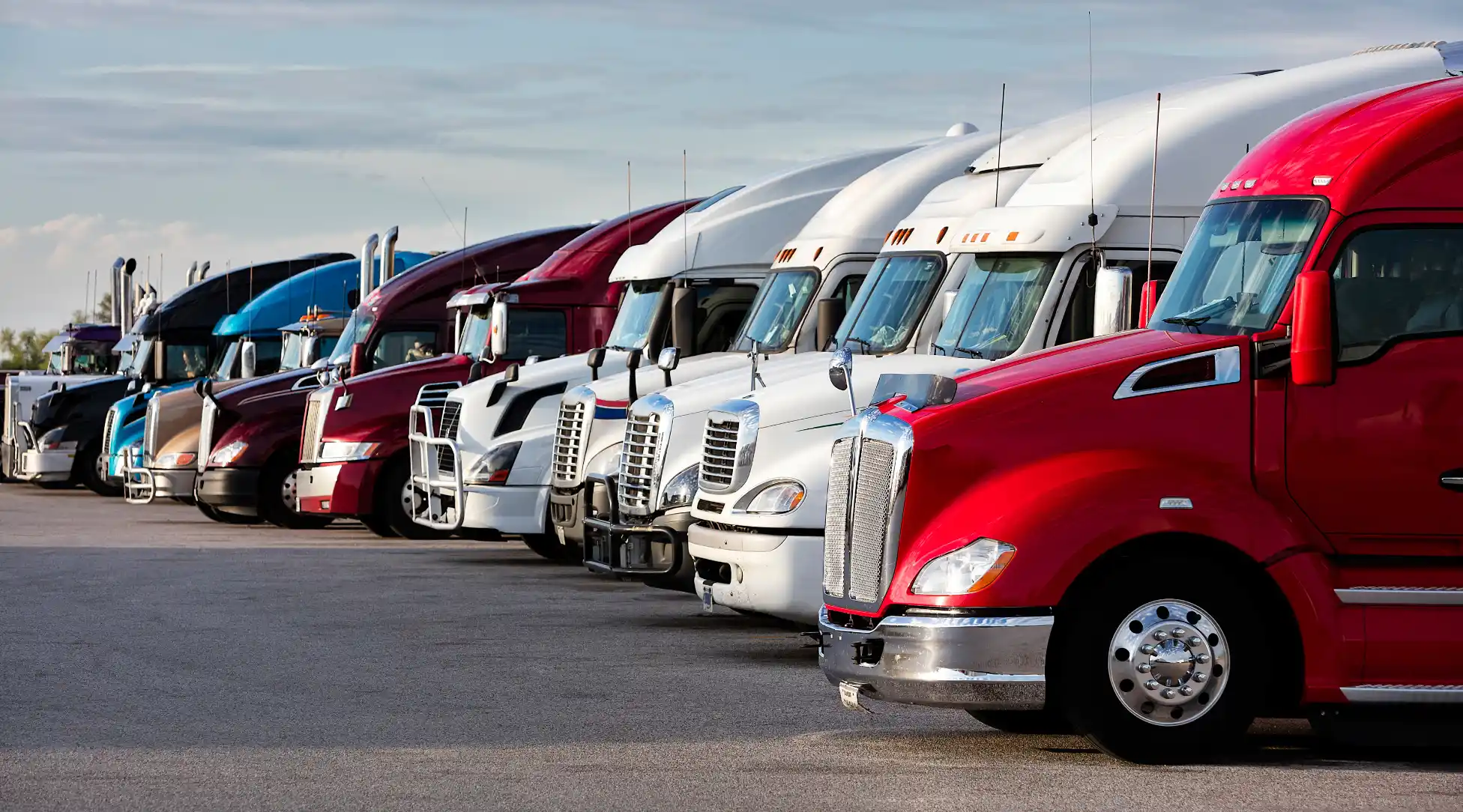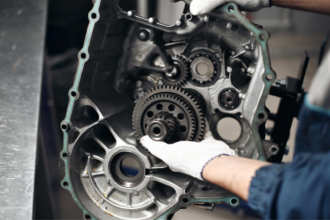The trucking industry is a vital part of the transportation sector. The trucking industry ensures the smooth movement of goods, materials, and people across states, cities, and borders. This article examines the many facets of trucking firms, including their importance, daily challenges, and operations.
Why are trucking firms necessary?
The trucking industry is the backbone of the supply chain. They bridge the gap between producers, distributors and consumers. The trucks they have, from semi-trailers up to specialized tanks, are used for a wide range of products, including:
- Trucking companies: transport raw materials to factories such as lumber, steel and produce, which allows for product creation.
- Manufactured goods: These drivers transport products from factories to stores, warehouses and consumers. They ensure timely delivery of clothes and electronic items.
- Food and Perishables: Refrigerated trucks keep produce, dairy products, and perishables fresh during transportation to the table.
- Consumer Goods: Trucking firms ensure the efficient delivery of furniture and appliances to homes, businesses, and online retailers.
Inside a trucking company’s operations
A trucking company’s success depends on the complex interplay between factors that include:
- Fleet Management: Trucking firms supply factories with materials such as lumber, steel and agricultural products, enabling them to produce everyday goods.
- Transport of finished: goods to distribution centers and stores. This ensures that items such as clothes and electronics are delivered efficiently.
- Driver Management: Refrigerated vehicles ensure that fresh dairy products, produce and other perishables are delivered safely and at the highest quality.
- Compliance and Regulations: Trucking companies provide a variety of items, from appliances to furniture, to businesses and homes. They play a crucial role in last-mile deliveries and e-commerce.
Challenges in the Trucking Industry
The trucking industry is essential to the economy but it faces unique challenges.
1. Driver Shortage
Trucking needs more drivers with specialized skills due to the demanding schedules and time away from home. This shortage could lead to delays in shipments, higher transportation costs and difficulties meeting the growing demand for freight transport.
2. The rising cost of fuel
Fuel prices fluctuation directly impacts the profitability of trucking firms, since fuel is a major part of their operating costs. Fuel surcharges and hedge strategies are often used by trucking companies to reduce the impact of volatile fuel costs on their bottom line.
3. Infrastructure concerns
Delivery times can be affected by congestion, road construction and conditions of the infrastructure. Vehicle wear and tear may also increase. To address these challenges, trucking companies call for an increase in investment in infrastructure improvements.
4. Environmental Impact
Trucking is a major contributor to greenhouse gas emissions. To reduce their environmental impact, companies are investing in more fuel-efficient technologies. Aerodynamic truck designs, tire-pressure monitoring systems, driver training programs focusing on fuel-efficient driving are all part of this.
Innovations in Technology and Sustainability
The trucking sector is facing a significant transformation driven by technology advancements and an increasing emphasis on sustainability. Some of the key trends are:
1. Autonomous trucks
Self-driving vehicles are not a concept of the future, but are being tested in real life. Autonomous trucks are still some years from widespread adoption, but they have the potential revolutionize the trucking industry. They can improve safety, efficiency, and address the driver shortage. Companies are investing heavily in the development and testing of autonomous truck technology that can transform long-haul operations.
2. Electric and alternative fuel trucks
The trucking industry has been moving towards sustainable practices as environmental concerns increase. Electric trucks, as well as those powered by hydrogen and other alternative fuels are becoming more popular. They offer reduced emissions and have a smaller carbon footprint. Electric trucks are becoming more popular, especially for urban and short-haul delivery routes. This is due to government incentives and advances in battery technology.
3. Data Analytics and Optimization
Data analytics is increasingly used by trucking companies to optimize their operations. This includes everything from route planning, fuel efficiency and predictive maintenance to driver performance monitoring. Trucking companies can increase their efficiency, lower costs and improve their competitiveness by leveraging the power of data.
Learn about the foundation of our economy.
In our increasingly interconnected world trucking companies are essential to the flow of goods, materials and information that is at the heart of our modern economy. The importance of the trucking industry will only increase as it navigates through challenges and embraces technology advancements. Understanding the complexity of the trucking sector is essential for understanding the complex logistics networks which support our everyday lives, and for realizing the vital role these companies play in driving economic development.











